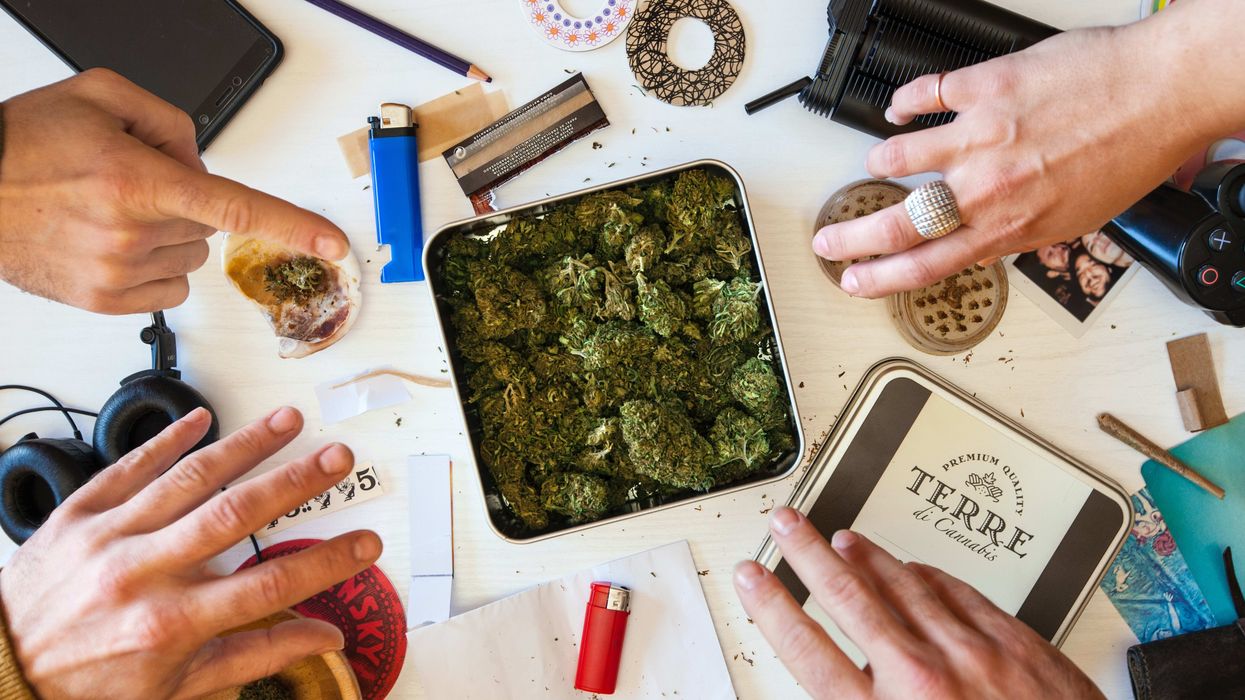The U.S. Department of Defense (DoD) has earmarked $9.8 million for pioneering research into the therapeutic potential of psychedelics, specifically MDMA, for active-duty service members grappling with post-traumatic stress disorder (PTSD). This initiative underscores a significant shift in military mental health strategies, acknowledging the pressing need for innovative treatments amid rising concerns over service members' well-being.Latest news & breaking headlines+1Military Times+1
Breaking Down the Investment
The funding is divided into two equal grants of $4.9 million:Military Times
- Walter Reed National Military Medical Center: Set to conduct a double-blind, placebo-controlled trial, this study will administer MDMA to active-duty Army personnel diagnosed with mild to moderate PTSD. The primary objective is to assess how MDMA influences psychological flexibility, a key factor in effective PTSD treatment. Leading this research is Major Aaron Wolfgang, head of Inpatient Psychiatry at Walter Reed, who has previously contributed to comprehensive reviews on MDMA-assisted therapy. Military Times+1Latest news & breaking headlines+1
- Emory University and STRONG STAR Consortium: Collaborating with the University of Texas Health Science Center at San Antonio, this partnership will explore MDMA-assisted therapy's efficacy in treating PTSD among active-duty troops. STRONG STAR is renowned for its focus on combat-related PTSD research, making it a pivotal player in this groundbreaking study.
A Historical Perspective
This endeavor marks the first sanctioned investigation into MDMA's therapeutic applications for PTSD within active-duty military personnel. Historically, the U.S. government's engagement with psychedelics in military contexts has been controversial, often associated with unauthorized experiments during the mid-20th century. This contemporary research signifies a departure from past practices, emphasizing scientific rigor and ethical standards.
The Broader Context: Veterans and Alternative Therapies
While the DoD's commitment to exploring psychedelics is a progressive step, it occurs against a backdrop of governmental resistance to alternative treatments for veterans. Efforts to expand access to cannabis and psychedelics for medical purposes have faced legislative hurdles. For instance, amendments proposing research into psilocybin and MDMA for PTSD and traumatic brain injury were recently rejected, leaving many veterans without access to potentially life-changing therapies.

The Imperative for Innovative Solutions
The urgency for effective mental health interventions in the military community cannot be overstated. Studies have shown that women veterans are 1.8 times more likely than their civilian counterparts to commit suicide, highlighting the critical need for comprehensive and effective treatment options.
The DoD's $9.8 million investment in psychedelic research represents a hopeful development in addressing the complex mental health challenges faced by service members. As these studies progress, they hold the potential to reshape treatment paradigms and offer new avenues for healing to those who have served.





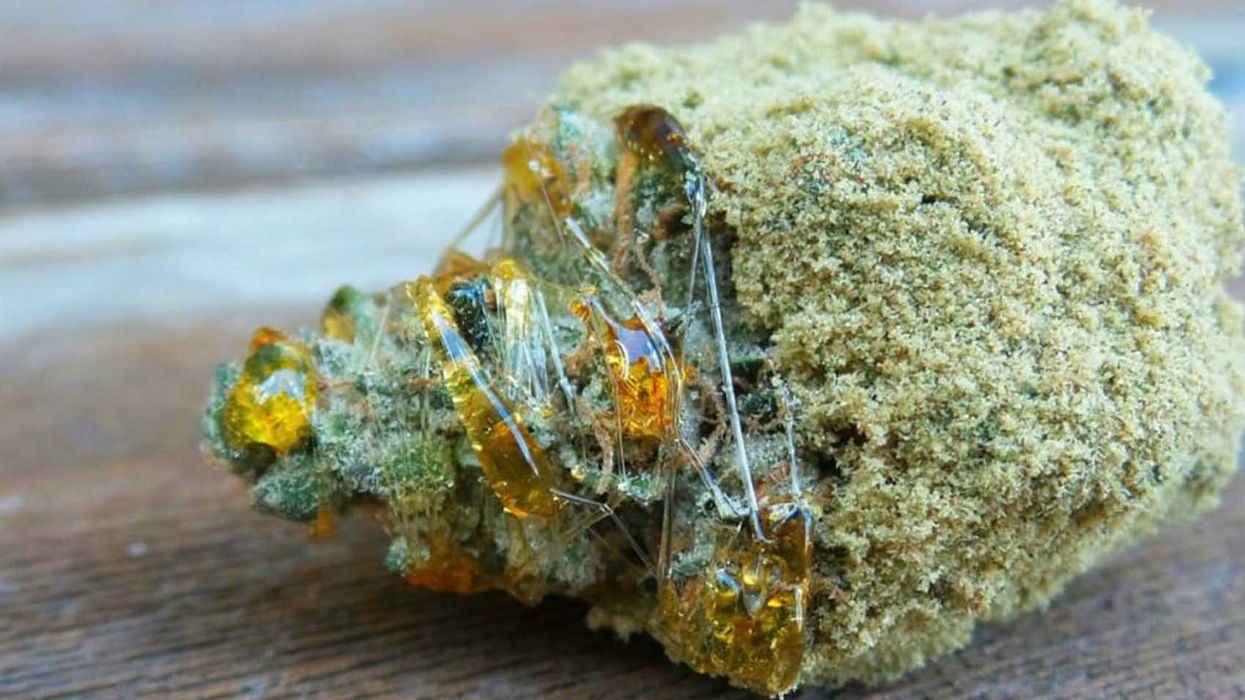
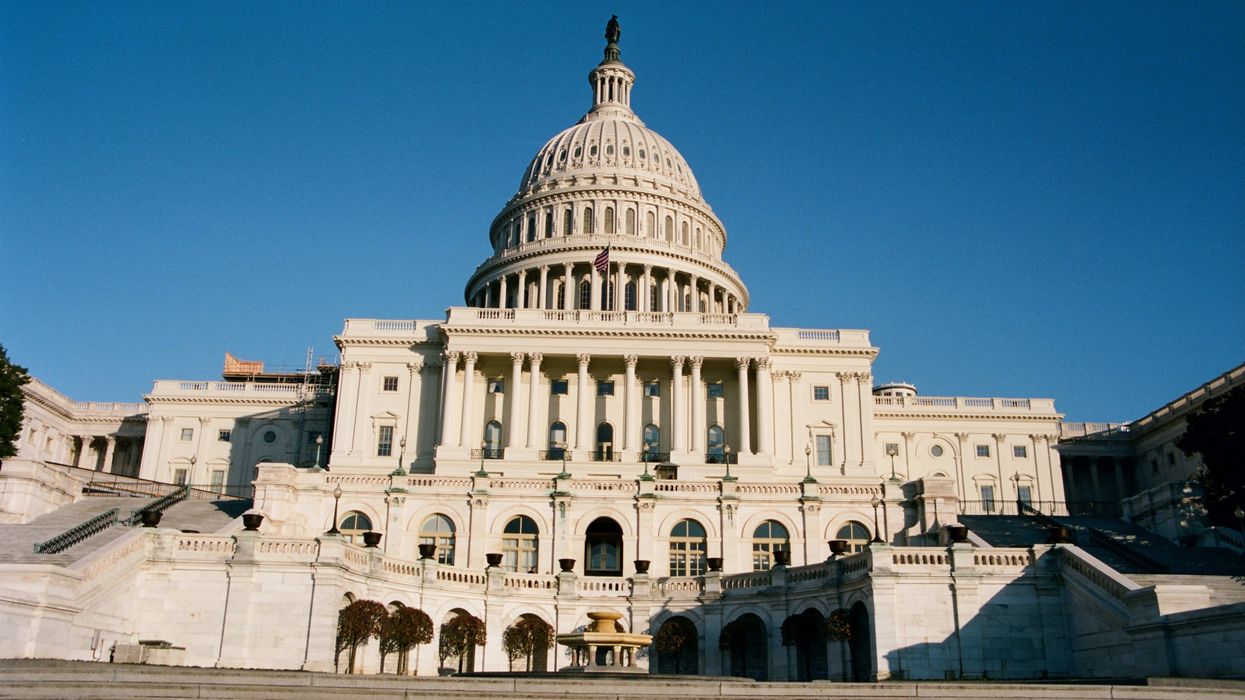







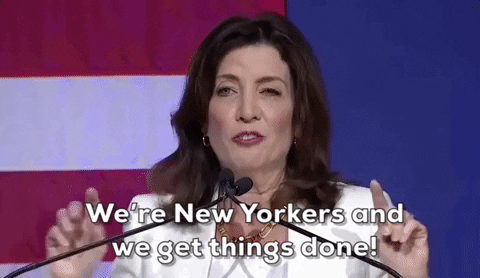
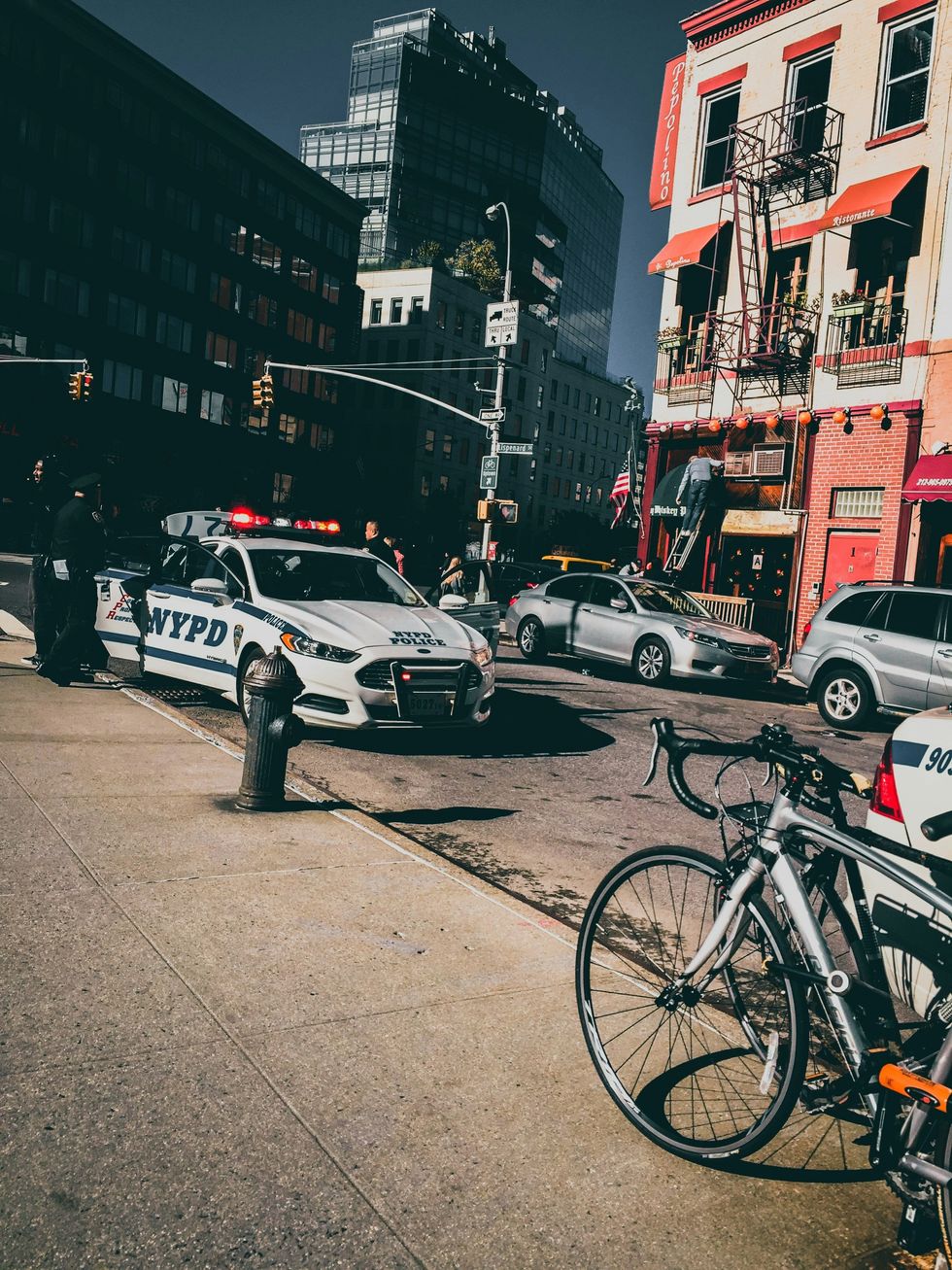 Why Gov. Hochul’s Cannabis Crackdown Stinks of Regression - The Bluntness
Photo by
Why Gov. Hochul’s Cannabis Crackdown Stinks of Regression - The Bluntness
Photo by 